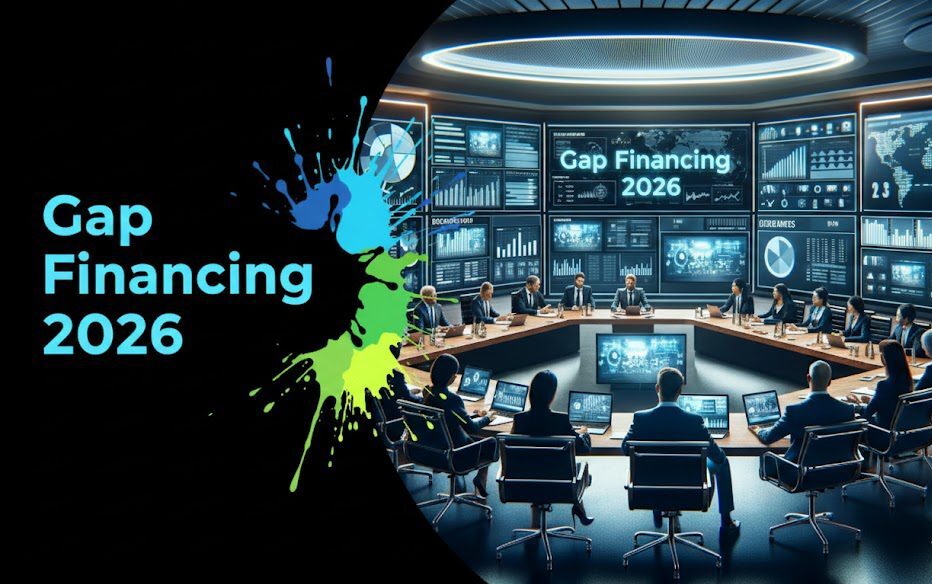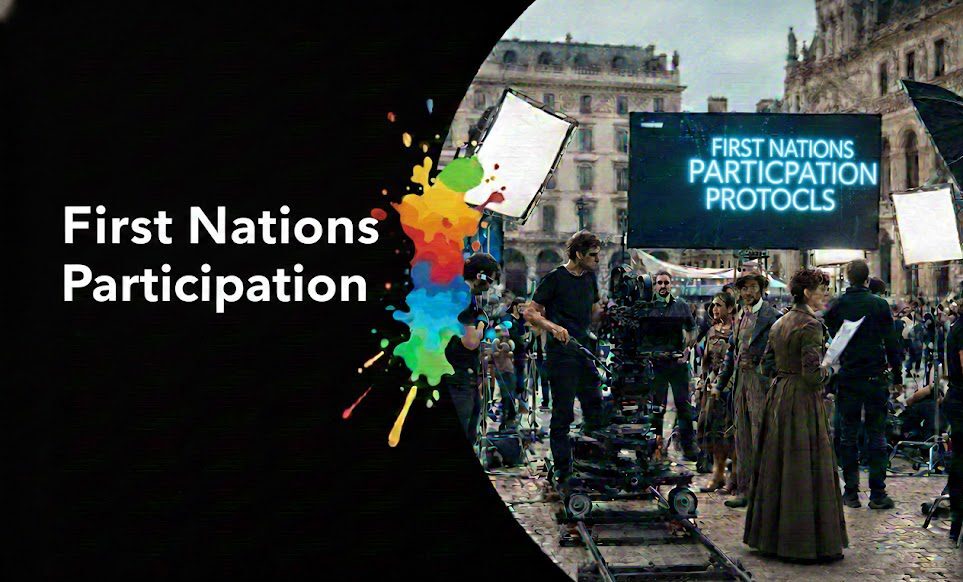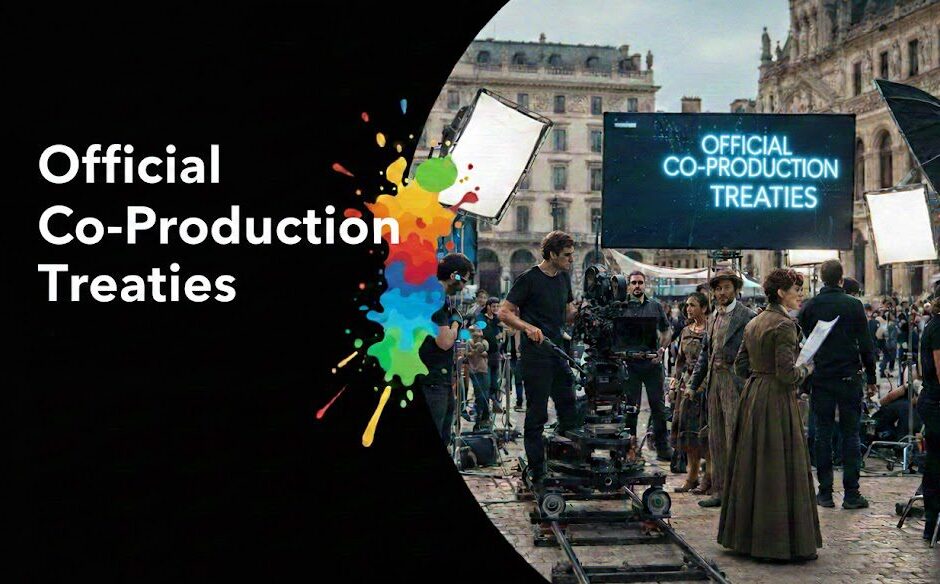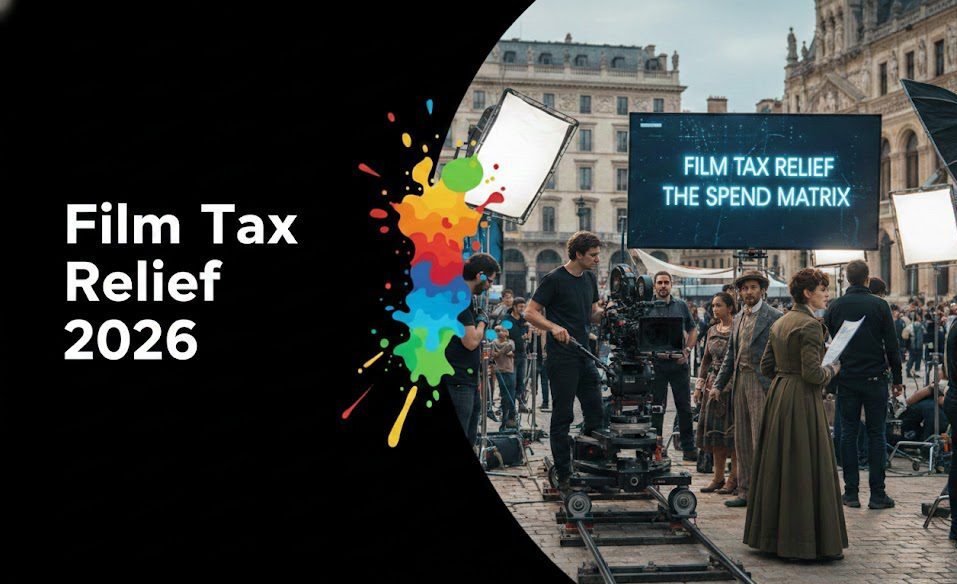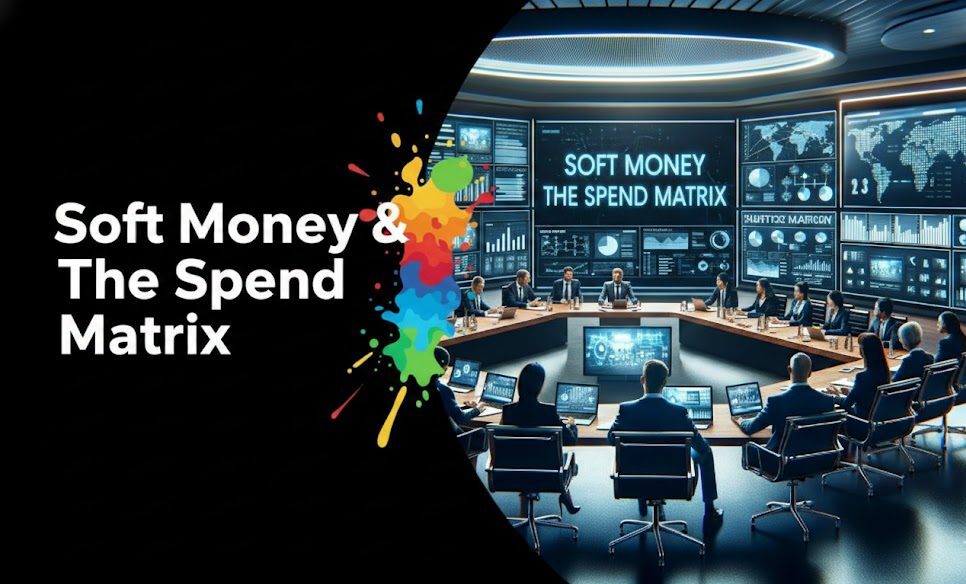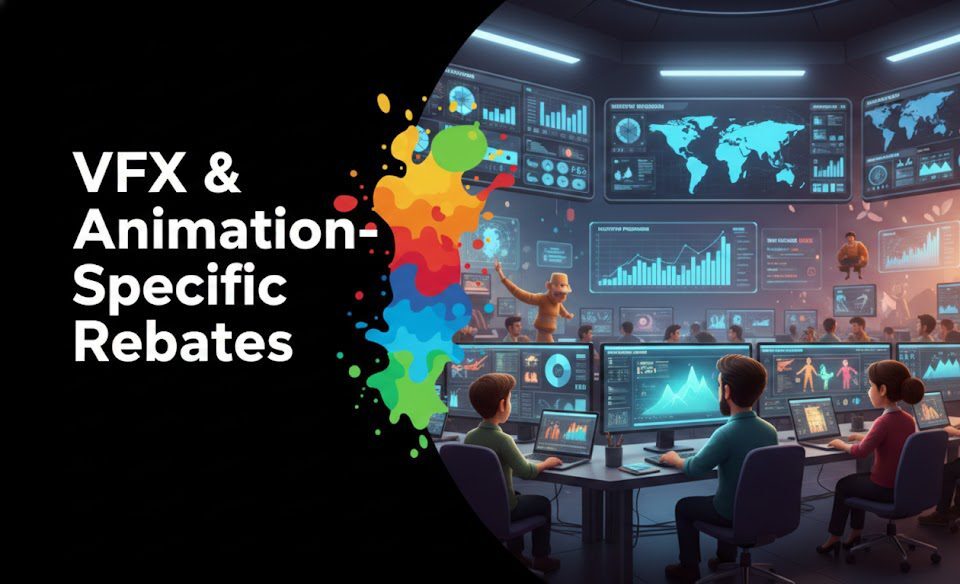Introduction
Have you ever wondered about the fate of classic films and television shows in the digital age? As the entertainment industry continues to evolve at a rapid pace, the need for efficient and effective film archiving has become more critical than ever. In this article, we will explore how Artificial Intelligence (AI) is transforming the preservation of cinematic history and revolutionizing the way content is stored, managed, and accessed. For professionals in the entertainment industry, including Content Acquisition Executives, Production House Executives, and Streaming Platform Executives, understanding the impact of AI on film archiving is essential for staying ahead of the curve and ensuring the longevity of valuable content assets.
Transform Your Workflow with AI Solutions!

AI-Powered Metadata Tagging and Search Capabilities
One of the key challenges in film archiving is the time-consuming and labor-intensive process of manually tagging and cataloging content. AI technology has revolutionized this process by automating the tagging of metadata, making it easier to search for and retrieve specific content. By leveraging machine learning algorithms, AI can identify key elements within a film, such as characters, locations, and dialogue, and assign relevant tags to facilitate more efficient search and retrieval.
Real-world Example: The British Film Institute (BFI) has implemented AI-powered metadata tagging to enhance the discoverability of its vast film archive. By automatically tagging films with descriptive metadata, the BFI has improved the accessibility of its collection for researchers, filmmakers, and audiences worldwide.
Innovate Faster with the Power of AI!

AI-Driven Restoration and Preservation Techniques
Another area where AI is making a significant impact in film archiving is in the restoration and preservation of deteriorating film reels. By using advanced image processing algorithms, AI can enhance the quality of old or damaged film footage, removing imperfections such as scratches, dust, and flicker. This not only helps to preserve the visual integrity of classic films but also ensures that future generations can enjoy these timeless cinematic treasures in pristine condition.
Real-world Example: The Academy Film Archive in Los Angeles has partnered with AI technology companies to develop innovative restoration techniques for preserving fragile nitrate film stock. By applying machine learning algorithms to analyze and repair damaged film frames, the Academy has been able to revitalize valuable pieces of cinematic history that were previously thought to be beyond repair.
AI-Enabled Content Recommendation and Personalization
In the era of streaming services and on-demand content consumption, AI has become a powerful tool for delivering personalized recommendations to viewers based on their preferences and viewing habits. By analyzing vast amounts of data on viewer behavior, AI algorithms can suggest relevant films and TV shows that align with individual tastes, ultimately enhancing the user experience and driving engagement.
Real-world Example: Netflix utilizes AI-powered recommendation engines to curate personalized content for its subscribers. By analyzing viewing patterns, genre preferences, and ratings, Netflix can offer tailored recommendations that keep viewers coming back for more, ultimately increasing retention and customer satisfaction.
Key Takeaways
AI technology is revolutionizing film archiving by automating metadata tagging, enhancing restoration techniques, and enabling personalized content recommendations.
By leveraging AI-powered tools and algorithms, entertainment industry professionals can streamline the archiving process, improve accessibility, and enhance the viewer experience.
Collaboration between film archives, AI technology companies, and content creators is essential for driving innovation and preserving cinematic heritage for future generations.
FAQs
Q1: How can AI help with the preservation of rare and endangered films?
A: AI technology can analyze and restore damaged or deteriorating film footage, helping to prolong the lifespan of rare and endangered films for future generations to enjoy.
Q2: What are the potential challenges of implementing AI in film archiving?
A: Some challenges include the initial cost of AI technology, data privacy concerns, and the need for specialized training for staff members to effectively utilize AI tools.

























